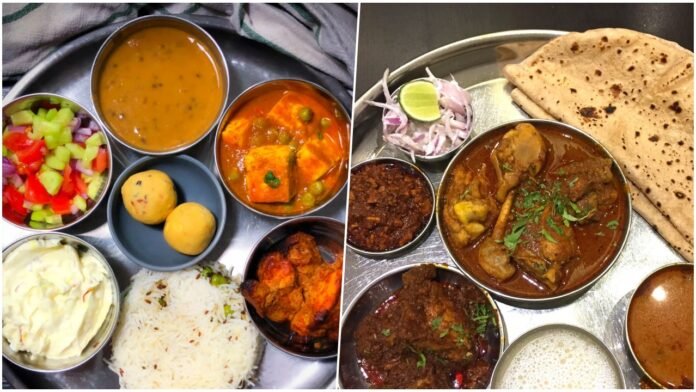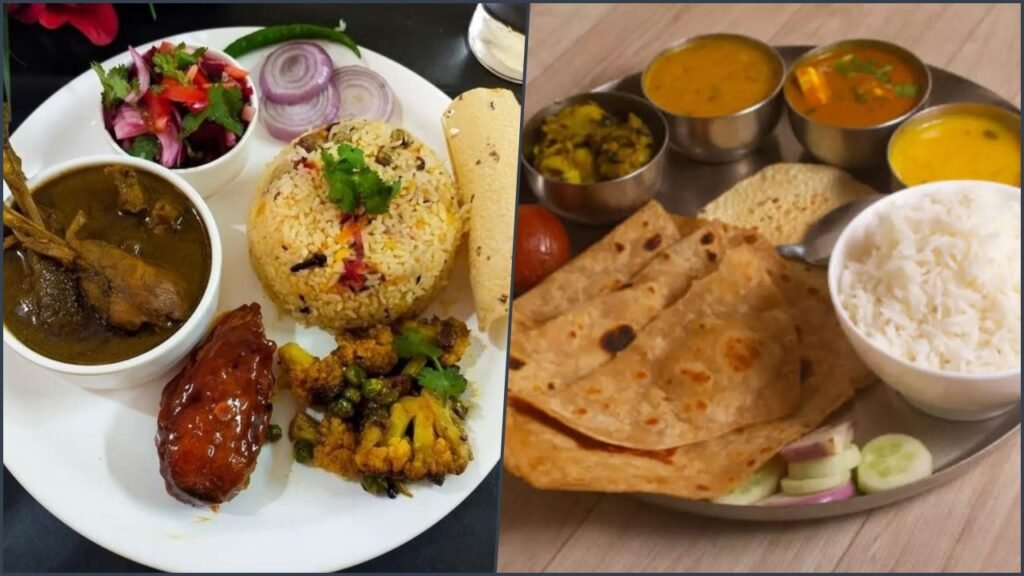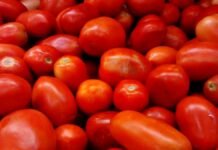
New Delhi: Inflation is taking a divergent path in India, impacting the cost of daily meals. While the price of a vegetarian thali is on the rise, non-vegetarian thalis are becoming more affordable. Crisil Market Intelligence and Analysis recently released a report shedding light on this culinary inflation.
Vegetarian Thali Costs Surge:
- Average Cost Increase: In April, the average cost of a vegetarian thali increased by approximately 8 percent compared to the same period last year.
- Key Contributors to Price Hike:
- Onion: The price of onion surged by 41 percent.
- Tomato: Tomato prices rose by 40 percent.
- Potato: Potato costs increased by 38 percent.
- Rice: Rice saw a 14 percent price hike.
- Pulses: Pulses became 20 percent more expensive.
- Offsetting Factors:
- Some ingredients experienced price declines:
- Cumin: Prices fell by 40 percent.
- Chilli: Chilli prices decreased by 31 percent.
- Vegetable Oil: Vegetable oil costs dropped by 10 percent.
- Some ingredients experienced price declines:
Non-Vegetarian Thali Affordability:
- The non-vegetarian thali includes the same components as the vegetarian version, with the exception of dal (lentils), which is replaced by chicken.
- Price Decline: In April, the non-vegetarian thali cost Rs 56.3 per plate, down from Rs 58.9 a year ago.
- Broiler Chicken Impact:
- Broiler chicken prices declined by 12 percent.
- Broiler chicken constitutes 50 percent of the total thali cost.
- March Comparison:
- The current price of the non-vegetarian thali (Rs 56.3) is slightly higher than the March 2024 price (Rs 54.9), reflecting a 3 percent increase.

In summary, while inflation affects both vegetarian and non-vegetarian thalis, the divergent trends highlight the impact of specific ingredients on overall meal costs. Onion and tomato prices play a significant role in shaping the affordability of daily thalis, while broiler chicken’s decline contributes to the cost reduction in non-vegetarian options.
Advertisement



















































